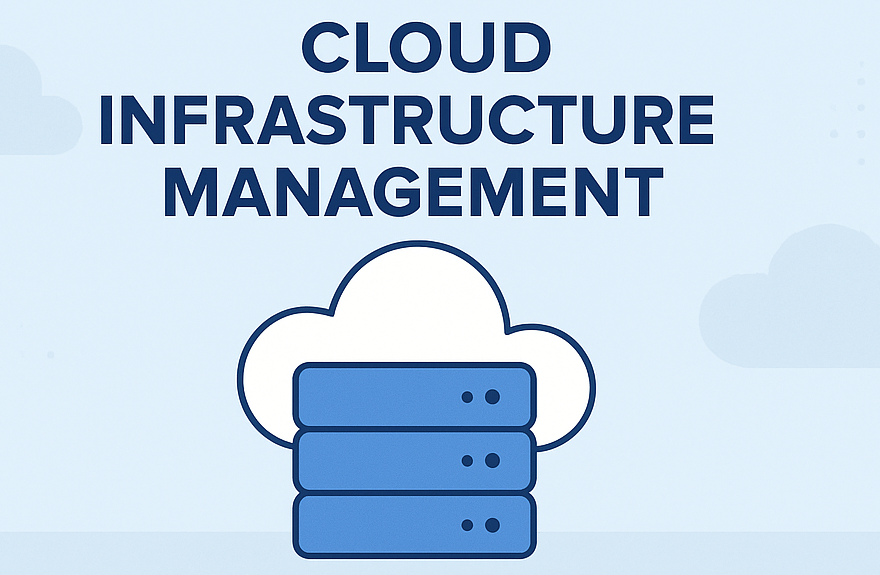Cloud computing is one of the most important technological trends of the 21st century. It has revolutionised the way we store, process, and access data, and it is changing the way businesses operate.
In this article, we will discuss about the basics of cloud computing. We will explore the different types of cloud computing services, the benefits of cloud computing, and the challenges that the cloud computing industry faces.
Types of Cloud Computing Services
There are three main types of cloud computing services:
Infrastructure as a Service (IaaS): IaaS provides businesses with access to computing resources, such as servers, storage, and networking. This allows businesses to rent the resources they need, rather than having to purchase and maintain them themselves.
Platform as a Service (PaaS): PaaS provides businesses with a platform for developing and running applications. This includes the underlying infrastructure, as well as development tools and services.
Software as a Service (SaaS): SaaS provides businesses with access to software applications that are hosted on the cloud. This allows businesses to use the applications without having to install and maintain them on their own servers.
Benefits of Cloud Computing
There are many benefits to using cloud computing, including:
Scalability: Cloud computing is scalable, which means that businesses can easily add or remove resources as needed. This is important for businesses that experience fluctuating demand.
Cost-effectiveness: Cloud computing can be more cost-effective than traditional on-premises IT solutions. This is because businesses only pay for the resources they use, and they don’t have to worry about maintenance or upgrades.
Security: Cloud computing providers offer a high level of security for their data centers. This is important for businesses that need to protect their sensitive data.
Mobility: Cloud computing allows businesses to access their data and applications from anywhere. This is important for businesses that have a mobile workforce
Types of Cloud Computing Services
Challenges of Cloud Computing
While cloud computing offers many benefits, there are also some challenges that businesses need to consider, including:
Security: Cloud computing providers have a responsibility to protect their customers’ data. However, there have been some high-profile security breaches in the cloud computing industry.
Compliance: Businesses that store sensitive data in the cloud need to make sure that they are compliant with all applicable regulations.
Vendor lock-in: Businesses that rely on a single cloud provider may be locked in if the provider changes its pricing or terms of service.
Data Transfer and Bandwidth Costs: Transferring large amounts of data to and from the cloud can incur significant bandwidth costs. This can be a concern for businesses with substantial data transfer needs.
The Future of Cloud Computing
The future of cloud computing is bright. The industry is expected to continue to grow, and new cloud computing services are being developed all the time.
As cloud computing becomes more popular, businesses will need to make sure that they are prepared. This includes understanding the different types of cloud computing services, the benefits of cloud computing, and the challenges that the cloud computing industry faces.
Conclusion
Cloud computing is a powerful tool that can help businesses to save money, improve efficiency, and reach new markets. As the industry continues to grow, businesses that are not using cloud computing will be at a competitive disadvantage.
Link to calculate cost estimate that fits your budget:
Amazon Web Services (AWS): AWS Pricing Calculator
Microsoft Azure: Pricing Calculator | Microsoft Azure
Google Cloud Platform (GCP): Google Cloud Pricing Calculator
Alibaba Cloud: Alibaba Cloud Pricing | Flexible and Cost-effective
IBM Cloud: IBM Cloud cost estimator
Oracle Cloud Infrastructure: Cloud Cost Estimator | Oracle


